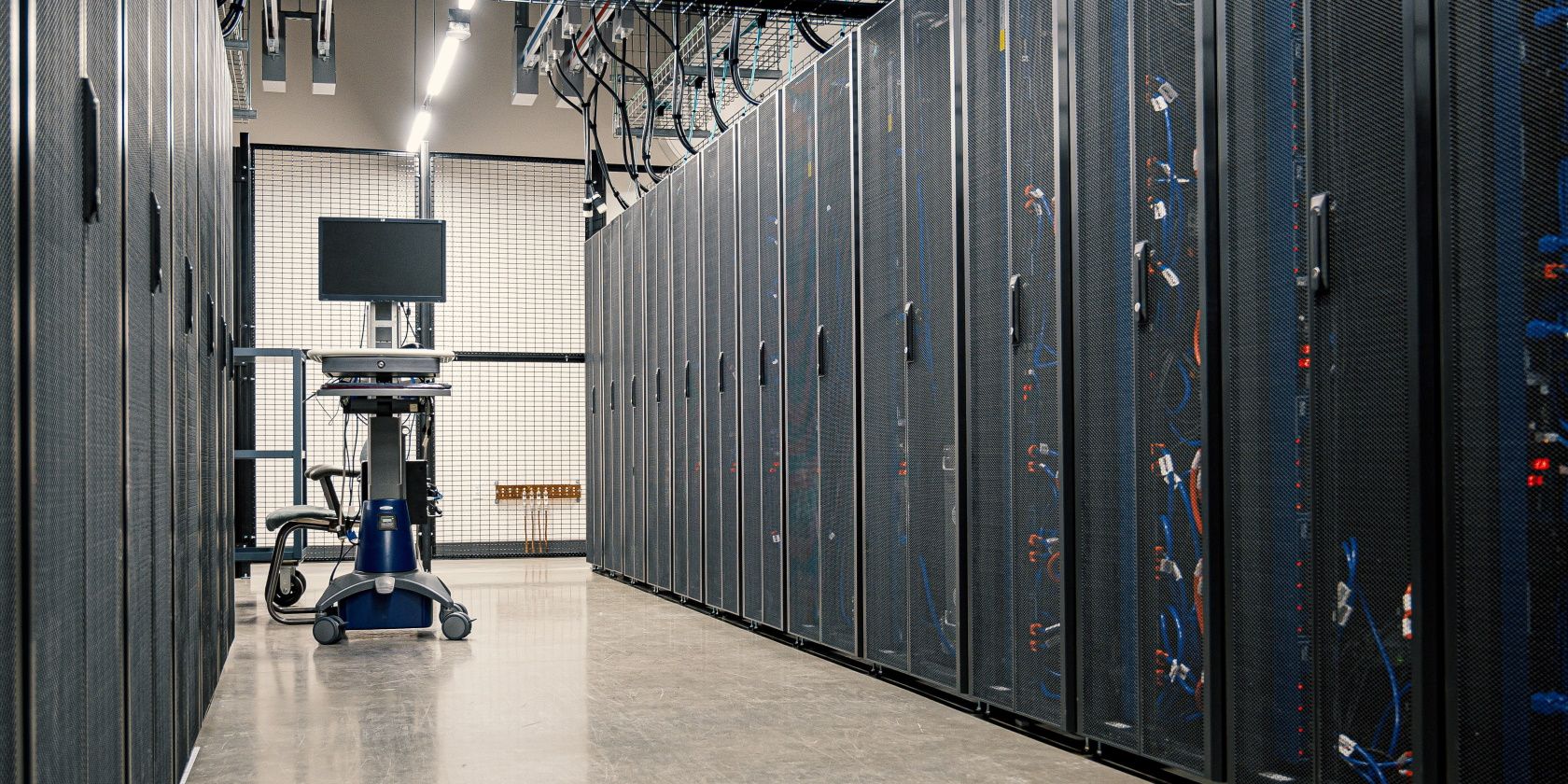As technology expands, so do our capabilities and power to discover solutions for the world's biggest problems. From climate change to protecting your privacy, technology plays a great role in our lives. You may think that we humans are sitting down, calculating, and researching, but you might be surprised to find out we aren't alone.
At the forefront of everything, we stand together with machines known as supercomputers.
What Is the Fugaku Supercomputer? Who Developed It?
As the name suggests, a supercomputer is a more advanced and powerful version of the general-purpose computers we use daily. They are capable of billions of processes in a single second and can generate accurate predictions to help us better. This brings us to Fugaku, the world's fastest supercomputer.
With its name reminiscent of the mighty Mount Fuji, Fugaku was a joint development between RIKEN and Fujitsu and created by the RIKEN Center for Computational Science in Japan. The supercomputer made its public debut in 2020 and has remained the fastest supercomputer since. It has contributed immensely to the research of various fields and will continue to do so for a long time. Let's take a closer look and learn more about Fugaku.
1. Designed to Solve the World's Biggest Challenges
Supercomputers are designed to produce accurate predictions of the world's future. Whether this is stock analysis or detailed cancer detection, a supercomputer is designed to produce more accurate predictions with precise modeling to help us live better lives.
Fugaku's design philosophy elevates this desire for betterment to a greater level and tackles problems on a greater, global scale. Its exclusive purpose is to solve the world’s biggest challenges with a strong focus on one issue affecting the planet: climate change. Fugaku's largest challenge is accurately predicting climate change based on carbon dioxide emissions and the effect on the global population.
2. Fugaku Can Conduct More Than 442 Quadrillion Calculations Per Second
Fugaku is fast, and when we say fast, we mean it.
Supercomputer performance is measured in a unit known as PFLOPs, which translates to one quadrillion floating-point operations per second. Fugaku can perform more than 442 PFLOPs in one second (as opposed to your Xbox or PlayStation, which measures in TFLOPS). Its speed is three times faster than the second-ranked Summit system, a computer developed by Oak Ridge National Laboratory in the United States whose speed averages 148 PFLOPs.
For the past 3 terms, Fugaku has taken the top spot in the Top500 benchmark test, which computes the machine's raw speeds, making Fugaku the fastest machine on the planet. The 57th Top500 results were announced in June 2021, with Fugaku still in top spot.
3. The World's First Supercomputer to Grab the Top Spot in All Four Top500 Categories
Fugaku's speed is impressive, but that is not all it excels at. Fugaku was the first supercomputer to win all four categories in the Top500. The Top500 project ranks and details the 500 most powerful non-distributed computer systems in the world through a series of specialized tests. The four main categories in the Top500 are raw computational speed, big data processing, deep learning with artificial intelligence, and practical simulation calculations. As supercomputers are specialized in a particular domain, It is a tremendous feat to conquer all categories.
Apart from the Top500, Fugaku also swept the other rankings in other supercomputer tests. It took first place on the HPCG, which tests supercomputers running real-world applications, HPL-AI, which tests supercomputers running artificial intelligence applications, and Graph 500, which rates systems based on data-intensive loads. This was a historical moment, as not once in history has the same supercomputer become No.1 on Top500, HPCG, and Graph500 simultaneously.
4. Fugaku Created an AI Tsunami Simulation Model
Artificial intelligence has become an important tool to help researchers with conservation efforts around the world. By being able to predict natural disasters and monitor climate change, we can act accordingly much quicker. For example, the International Research Institute of Disaster Science at Tohoku University in Japan, alongside various other institutes, uses Fugaku to create AI models to predict tsunami flooding in coastal areas in near real-time.
The greatest achievement of this was that the model could be run on ordinary PCs very easily. Previous real-time flood prediction systems required supercomputers to run, making the Fugaku-trained model much more versatile and practical. The technology was used with an ordinary PC to predict flooding related to the Nankai Trough earthquake, and the results obtained were very positive. Fugaku has helped pave the way to a future where these advanced sea-level prediction algorithms can be used by more common means, allowing for greater accessibility and use.
5. Fugaku Can Help to Develop Small Molecules to Fight COVID-19
COVID-19 has become one of the greatest threats to our daily lives. The worldwide pandemic caused innumerable damage, and we are finally able to fight back against the infection. Fugaku played a big role in helping detect and understand the spread of COVID-19 that most are unaware of. Fugaku's research displayed how COVID droplets spread through trains and cars and how opening the windows could dramatically increase ventilation and decrease the risk of infection.
Its analysis on facial coverings discovered that face shields are largely ineffective at stopping viral spread and that woven cloth masks are the most effective. The system has been performing COVID-19 research nonstop since 2020, and now the University of Tokyo and Fujitsu have teamed up to use Fugaku to develop small molecules to fight COVID-19 infection, with the goal being to identify a therapeutic drug that will be strongly effective in treating COVID-19.
Fugaku Knows What the Future Holds
Technology is ever-expanding, with discoveries and innovations made every day. As we grow more reliant on technology, it is important to remember what we are capable of doing on our own. While the success of supercomputers can seem incredible, we can all do our part in trying to create a better world for everyone.


